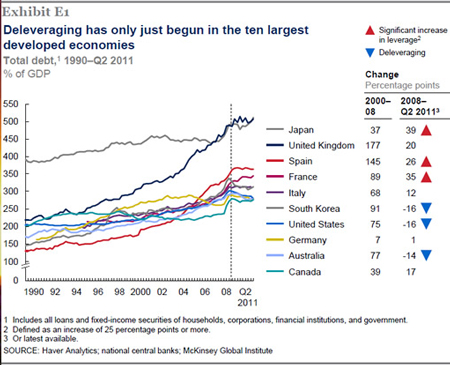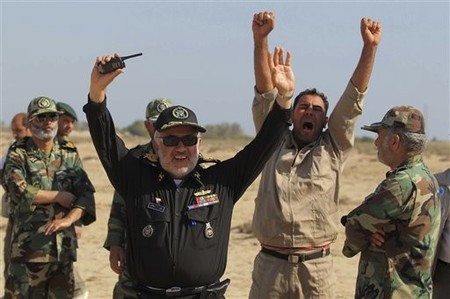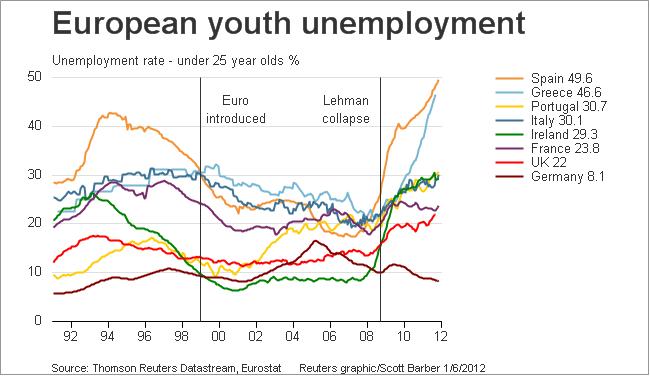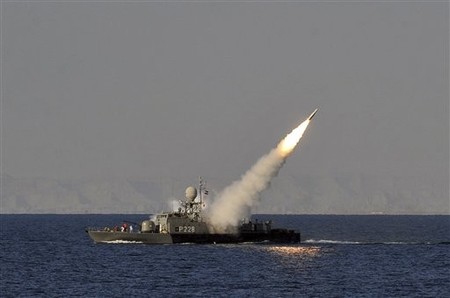It's Not How Many Troops You Have, It's How You Use Them
There's a growing debate over President Obama's decision to reduce the number of U.S. ground forces by 92,000 by 2017. Frederick Kagan says it's a mistake:
Advocates of the president’s strategy say that we do not need that human capital or expertise in ground operations because we will never again fight wars that put large numbers of our soldiers at risk. Technology, they say, will make future wars precise, rapid and decisive. We have heard this argument many times since the Cold War ended, from George W. Bush as enthusiastically as Bill Clinton. Yet every U.S. president since Ronald Reagan has ordered tens of thousands of troops into ground combat. Obama himself sent 70,000 additional troops to Afghanistan. Tens of thousands of U.S. troops have been deployed abroad to wars or peacekeeping operations for 38 of the past 70 years — and nearly continuously since 1989. The argument that next time will be different is unpersuasive.
And you know what - Kagan's right. Though many of these deployments were unnecessary and ill-advised, they happened anyway. President Obama is not foreclosing the option for a future administration to make a bad decision simply because they'll have fewer resources at their disposal. Multiple military experts told the Bush administration that an invasion and occupation of Iraq would require far more troops than Defense Secretary Rumsfeld was prepared to commit, but they were ignored and a massive strain on the U.S. military ensued.
But I guess it's worth pointing out that real issue here isn't the number of troops but the strategic decision-making surrounding their deployment. There really wouldn't be an argument about whether or not we needed to retain these 92,000 soldiers if President Bush had made a better decision vis-a-vis Iraq (or President Obama vis-a-vis Afghanistan).
Via Andrew Sullivan, Peter Munson hits the nail squarely on the head:
America did not enter any of these wars (going back to Vietnam) as a counterinsurgent or a nation-builder. America entered these wars with ill-defined strategic goals, the result of lowest common denominator bureaucratic negotiations. These goals were not sufficiently thought out, clearly stated, or properly subscribed to by the government writ large, resulting in nearly immediate drift. This fact should point us toward the true roots of the problem.When it comes to small wars, American national security decision-making institutions predispose the nation to failure. America tends to involve itself in conflicts with insufficient resources and ill-defined aims, expand its commitments based on continually changing policies, and run out of public support before these adventures have run their course.
The entire piece is an absolute must-read. As Munson points out, what unites these wars is that they are almost always wars of choice. But I suspect that Kagan is correct that it's a choice Washington will continue to make.










